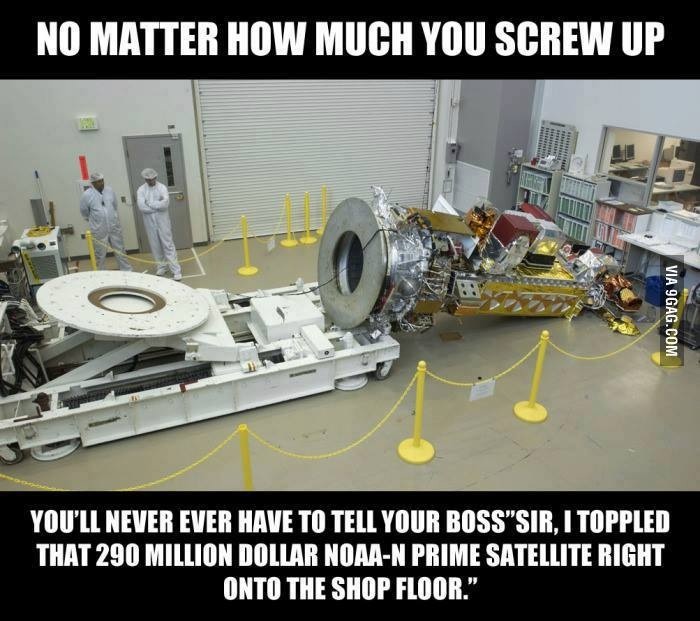On our sister site Travel Stack Exchange, someone asked about carrying a cubesat on a plane in hand luggage and is worried about damage or loss (or not being allowed on the plane). Several answers are telling them to drive, and that the risk of the launch is far greater than the risk of getting their satellite to the launch site in the first place.
Are there any satellites that have been lost or damaged during ground/sea transport to the launch site? A truck in a highway pileup, a ship sinking in the middle of the Atlantic, a train derailing (oops, forgot about the change of gauge getting to Baikonur), or simply dropped taking it out of whatever it's being transported in? I'm interested in anything from cubesats to the heaviest satellites ever built. For damage, I'm mostly interested in damage that is so significant that components had to be replaced, launch opportunities were missed, and/or the there was a (possibly mitigated) substantial loss of functionality. For the purpose of this question, I'm not interested in damage that occur during assembly, even if those damages are the consequence of an attempt to move the satellite a little bit.



